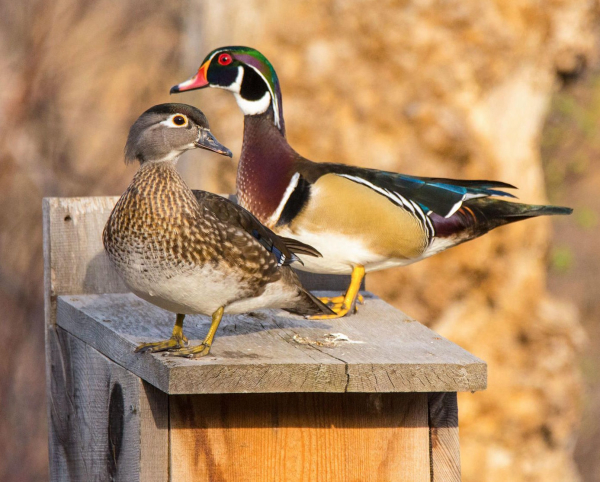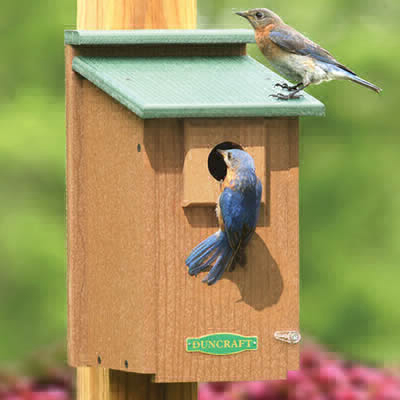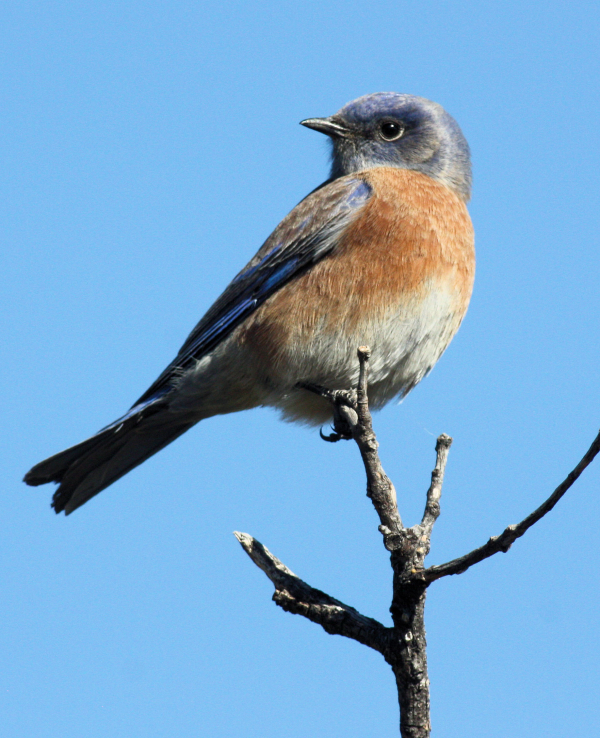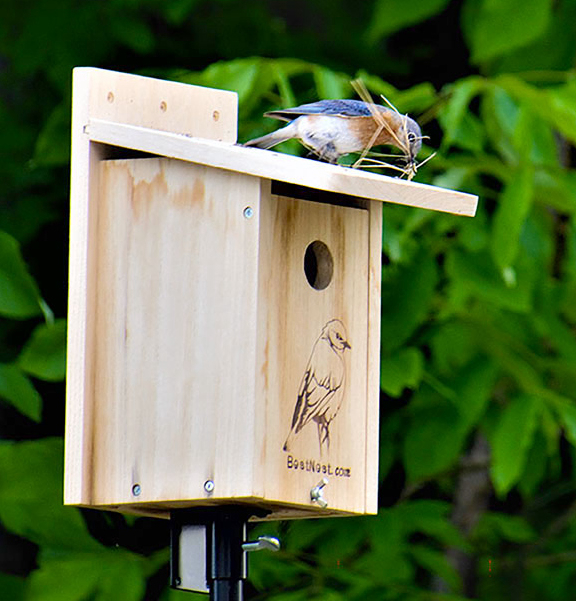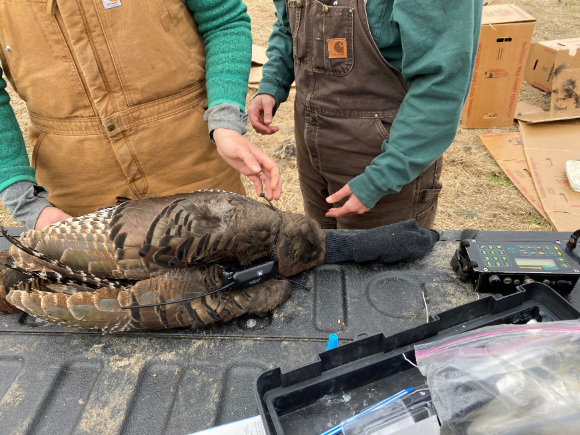Turkeys For Tomorrow supporting nest predator research in Iowa
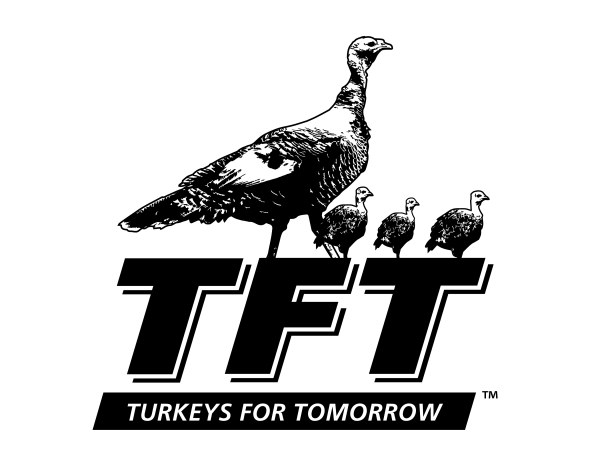
BOONE, Iowa — Scientific analysis will be done on wild turkey carcasses and wild turkey eggs consumed by mammalian carnivores, thanks to a $15,000 grant from Turkeys For Tomorrow.
TFT’s support goes to aid a study now in its third year of a projected decade of work. Remarkable for its scope and thoroughness, the study attaches transmitters to wild turkey hens during the winter, then follows them through the spring, documenting their survival, their nesting success or failures, their use of the habitat and the precise reasons their reproductive efforts come to grief when they do. The genetic study is led by the Iowa Department of Natural Resources in collaboration with Dr. Dawn Reding, a conservation geneticist at Luther College.
The funds from TFT will go specifically to support DNA analysis of turkeys and eggs that have fallen to mammalian carnivores to identify species-specific rates of nest predation and whether those change over time within nesting seasons or across years.
“This worked out really well,” said Dan Kaminski, wildlife research biologist at the Boone Wildlife Research Station. “We’ll be using the money this summer. We’re doing genetic analysis of hatched or destroyed eggs, determining the sex ratio of clutches, the survival rate of all and the fates of nests. One of the questions is: ‘Of the nests that fail, how many do so due to predation or simple abandonment, and for the predated nests, which species of mammalian carnivores are responsible?’ The contribution from Turkeys For Tomorrow will help us answer those and other critical questions about nest predators impacting reproduction.”
“This project dovetails well with the other work we’re supporting,” said Ron Jolly, co chairman of TFT.
Turkeys For Tomorrow is a grass roots organization with a dual mission: supporting the improvement of wild turkey habitat through direct action and education of the public, and support of careful scientific research positioned to inform wildlife management strategies and tactics to halt the wild turkeys’ national decline. TFT is supporting similar projects with complementary methods in Tennessee, Alabama, Kentucky and Mississippi.
“We want to understand hen survival over time,” Kaminski said. “Our numbers, compared to what we saw in the 1990s, tentatively indicate survival rates have declined. We’re not getting as many poults into the fall population, and we’re working to quantify just why that is.”
“We’re all passionate about helping and saving the wild turkey,” Jolly said. “We don’t want to see them go the way of the bobwhite quail. We want to take direct action to make a difference today, and we want to drive scientific research that lets us make policies that keep populations healthy for generations to come. Some actions require careful scientific study. Others call for simple, common sense. We’re strong supporters of both.”
To learn more about Turkeys For Tomorrow, go to www.turkeysfortomorrow.org.


